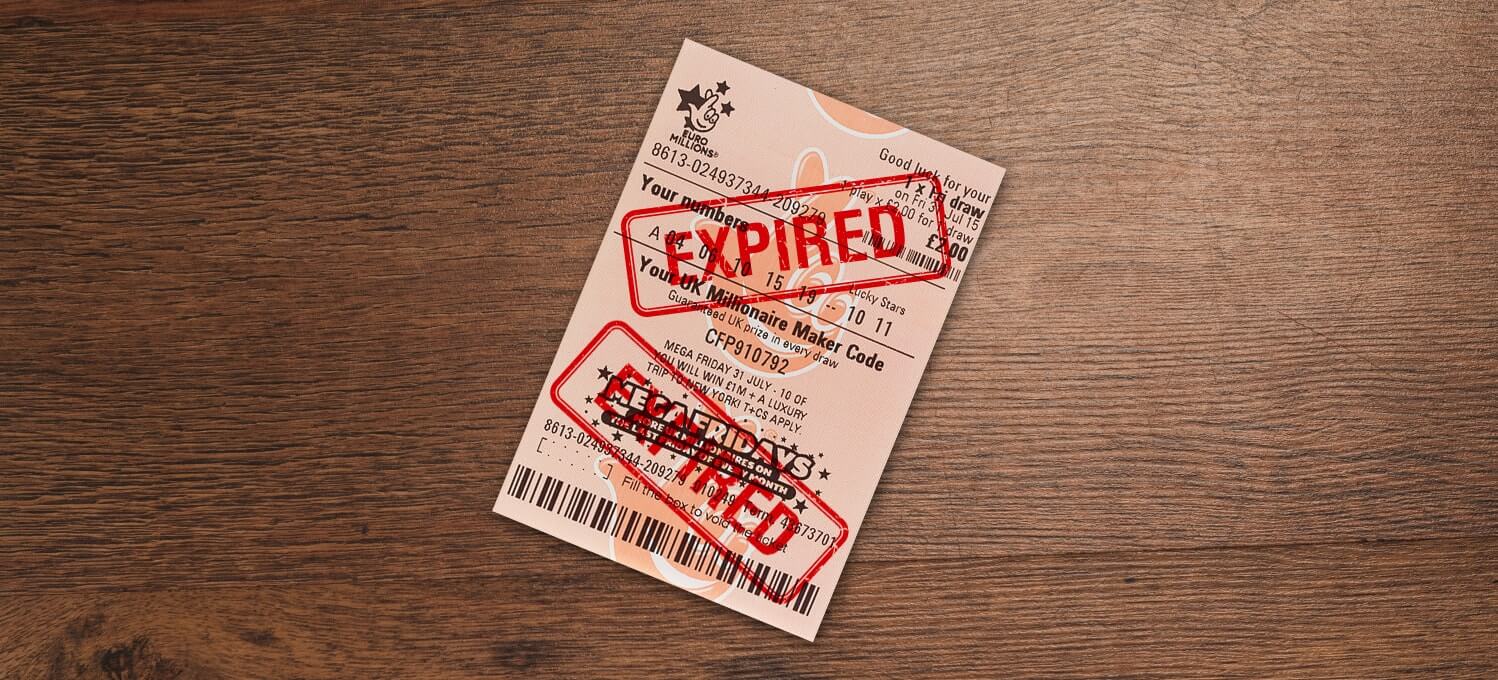

Depsite having better odds of winning a cosy game of online bingo than the weekly lottery, an outstanding 70% of UK citizens play the lottery each week with the hopes of winning a life changing sum of money.
And who can blame them? With multiple hundreds of millions awarded to lucky players week by week, it’s safe to say that the National Lottery fund is not short of cash – but where exactly does lottery money come from?
The National Lottery has been owned by the Camelot Group since 1994. Turning over £5.5 billion each year, the Camelot Group has awarded the National Lottery Franchise every five years, a decision which is taken by the Gambling Commission. Their current licence expires in 2024; the winner of the bidding process for the next licence will be announced next February.
The Camelot Group is certainly not short of money – originally formed as an association to bid for the National Lottery, its major partners include such big names as Cadbury and it regularly seals sponsorship deals with major TV channels.
In 2010, Canada’s Ontario Teachers’ Pension Plan bought the Camelot Group for a whopping £389m. Since then, the Camelot Group has acquired the rights to run the Irish national lottery (in 2013) and the US-based Illinois State Lottery (in 2018).
How lottery prizes are funded
Whenever a lottery player purchases a ticket, the funds are split to go towards various causes. Between 50 and 53% goes towards the lottery prize money itself – so where does the rest of the money go?
One-quarter of our ticket prices go towards the ‘Good Causes’ fund. These good causes denote public spending, so the money goes directly back into local projects including the arts, environment, charity and heritage. Since 1994, over £43bn has been raised in this way.
Then, 12% is taken by the UK government to cover the ‘lottery duty’ tax, while the Camelot Group receives just 5% of all ticket prices. Of these funds, just 1% is classed as profit, while the rest covers operating costs.
Finally, ticket retailers take 4% of ticket prices as commission, so there really is a lot to be considered when we think about where lottery money comes from!
Is the National Lottery still profitable?
The National Lottery, rebranded as Lotto in 2002 in response to declining ticket sales, charges £2 per ticket, up from £1 per ticket before October 2013. Today, the Lotto draw sells between 15 and 45 million tickets per draw, making it a very profitable venture!
Of course, Lotto has had to reinvent itself a few times over the years in order to stay profitable.
For example, up until 2011, the top prize could only be ‘rolled over’ – adding the prize money into next week’s draw – a maximum of three times.
This increased to four times in February 2011 and remained the same until 2015 when the rollover limit was scrapped. Instead, Lotto introduced a jackpot cap at £50m, but the jackpot prizes were made substantially bigger, averaging £1.1 million for Saturdays. At the same time, the total numbers up for the draw was increased by 10, taking it up to 59.
The jackpot cap was exceeded in 2016 (the rule applied for anybody who matched six numbers, which didn't happen in this case) and a total prize money of £66 million was split evenly between two winners.
In November 2018, the rollover limit was reintroduced, being set at five times. If nobody has matched all six numbers in the final ‘Must Be Won’ draw, a ‘Rolldown’ occurs whereby the prize money is shared among players in lower tiers, i.e. those who have matched two or more main numbers.
Though some of the lottery funding changes were deemed controversial, the hike in ticket prices from £1 to £2 has proven beneficial. For those still keen to economise, however, there’s the option of the Thunderball or the HotPicks draw, both of which cost just £1 to play.





